It’s National Growing for Wellbeing Week in the UK during June, highlighting the amazing benefits of growing your own produce for both mental and physical wellbeing.
Clinical Nutritionist Suzie Sawyer has a few suggestions of great produce to grow, and how they can support your mental wellbeing too.
This year’s theme puts a strong emphasis on mental health and the positive effects of ‘growing your own’ especially for those of us suffering from low confidence, self-esteem, and isolation.
From a nutritional perspective, growing your own produce is an amazing way of getting more nutrients into the body, and eating food without pesticides or chemical intervention. But what’s good to grow and how can it benefit our mental wellbeing?
Onions
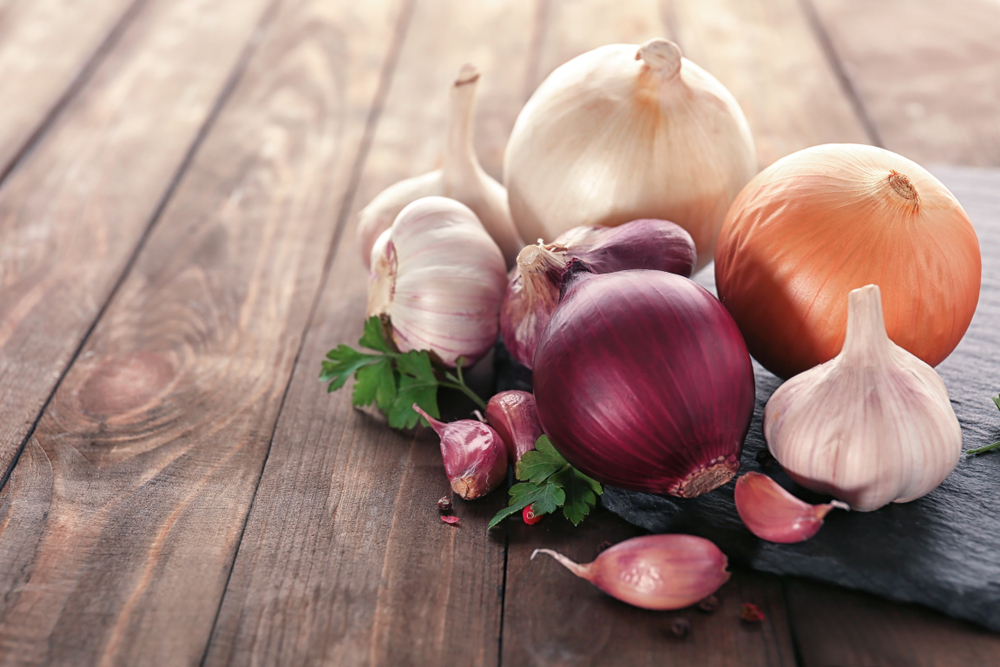
Not only are they easy to grow in your own garden or allotment, but onions are also great for the digestive tract, which in turn helps the brain too. But how?
There is an unequivocal link between the gut and the brain and research is further evolving all the time. We know that if things aren’t working correctly in the digestive tract, then this can affect brain health; this is mainly down to an imbalance in the all-important gut microbiome.
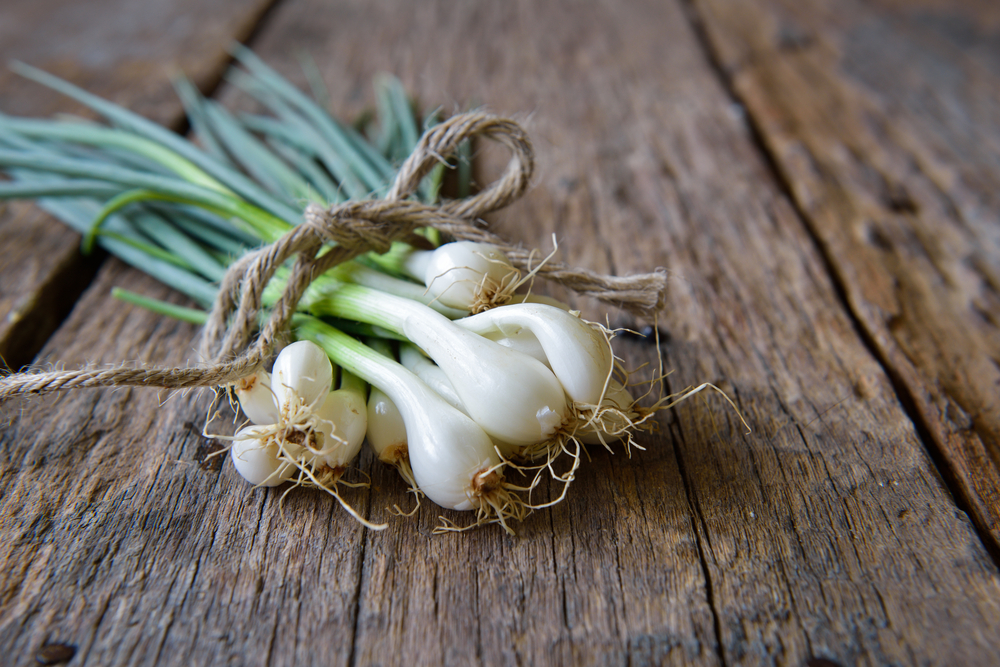
Onions are packed with prebiotic fibre which helps feed the essential good bacteria residing in the gut. An imbalanced gut microbiome can manifest itself in many ways but may affect mood, motivation, and self-esteem. So, it’s not just the activity of gardening which helps, it’s the choice of produce that can make such a difference to emotional health.
Herbs
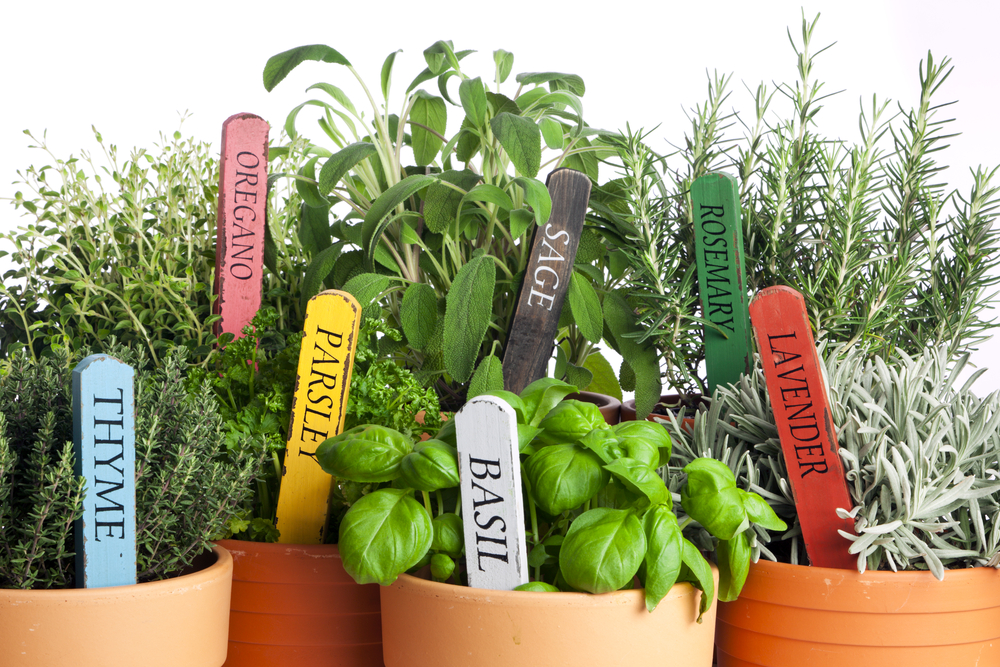
All herbs make a great addition to any dish and in some cases completely transform the taste. Importantly though, as with any plant, it will deliver a wealth of health benefits, including for the brain. It’s easy to grow herbs on windowsills or in a few small pots outside. The best ones to grow are rosemary, basil, sage, and bay.

Let’s take a closer look at rosemary. It not only makes roast lamb and potatoes taste totally delicious, but it also reminds us of the Mediterranean, being used frequently in chicken dishes too. In terms of brain health, rosemary is very high in antioxidants; the brain is very rich in fat, which means it is susceptible to oxidation – part of the ageing process. If we want to protect brain function in the long term, then having a diet high in antioxidants is important.
Rosemary has also been found to support the nervous system, hence it’s often used in essential oils by massage therapists, and can help with relaxation. As well as using it in cooking, why not boil up a rosemary tea infusion to really enjoy it’s benefits for body and mind.
Tomatoes
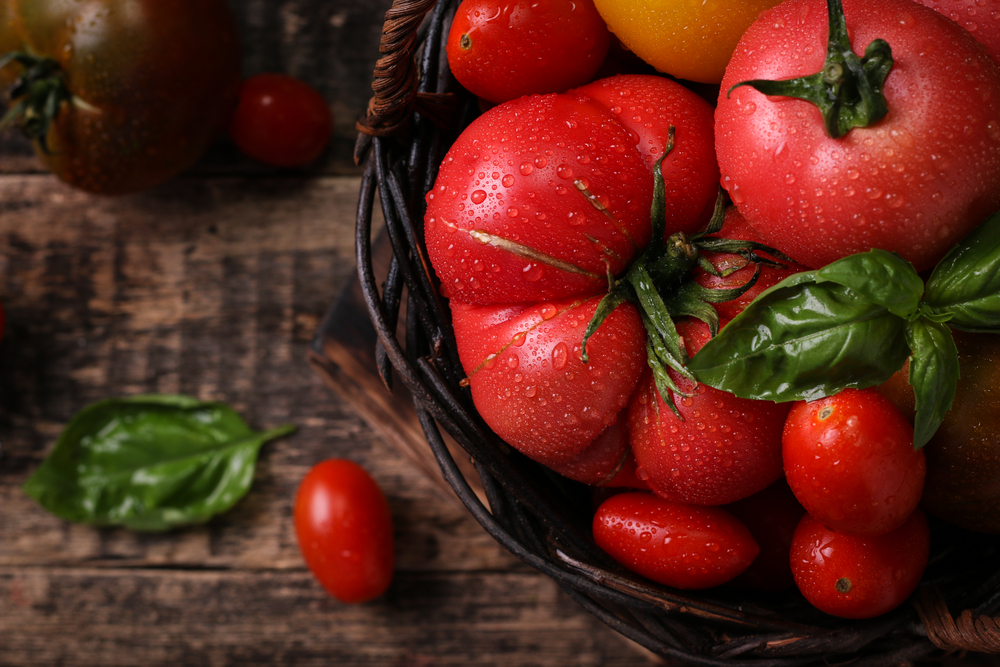
Another stalwart in the vegetable garden, tomatoes don’t take up too much space to grow and are relatively low maintenance. However, you do need a sunny piece of ground for best results, hence many people grow them in greenhouses.
Tomatoes are great for brain health because they’re high in antioxidants. Essentially, they are rich in carotenoids, a class of plant nutrients that help protect fat cells, of which there are many in the brain.
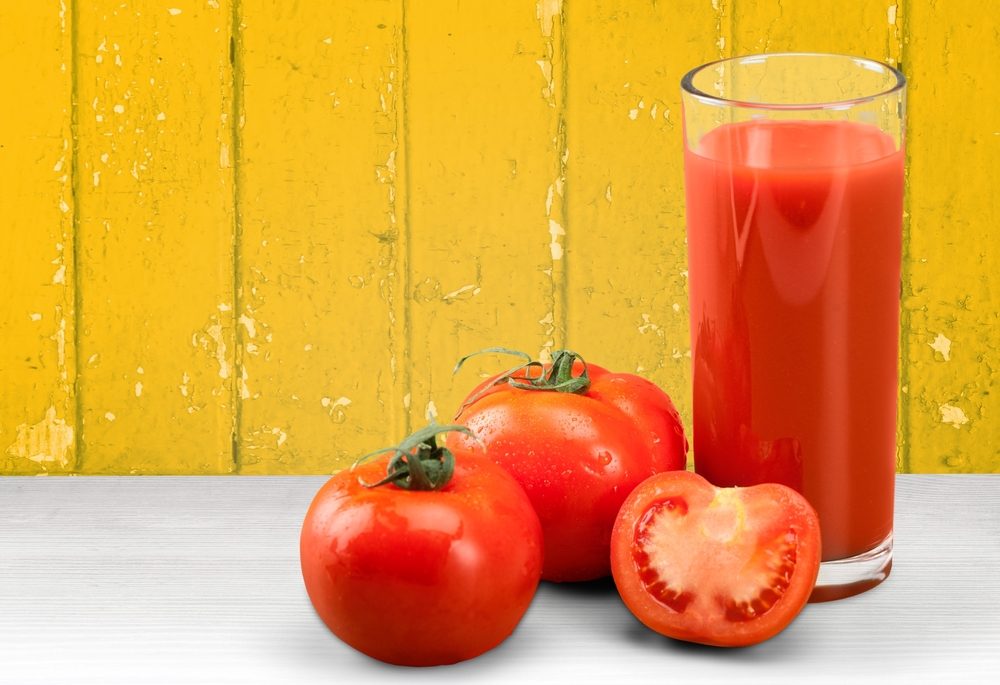
Tomatoes are loaded with two powerful carotenoids: beta-carotene, and lycopene. They have been found to help eliminate free radicals which can attack the brain and affect brain function in many ways. They also help prevent inflammation in the brain, one of the main causes of degenerative diseases. Slight mild cognitive impairment (forgetting words and names) is very common, especially from age 50 onwards, so anything we can do to keep sharp is hugely beneficial. And this will stop any frustrations that affect mood too!
Although, it’s probably best to wait now until the autumn for the next planting season, why not take the opportunity this month to plan your produce for next year? It doesn’t matter how small the space available, just getting involved in home growing is going to provide enormous benefits to mental wellbeing.
























Add comment